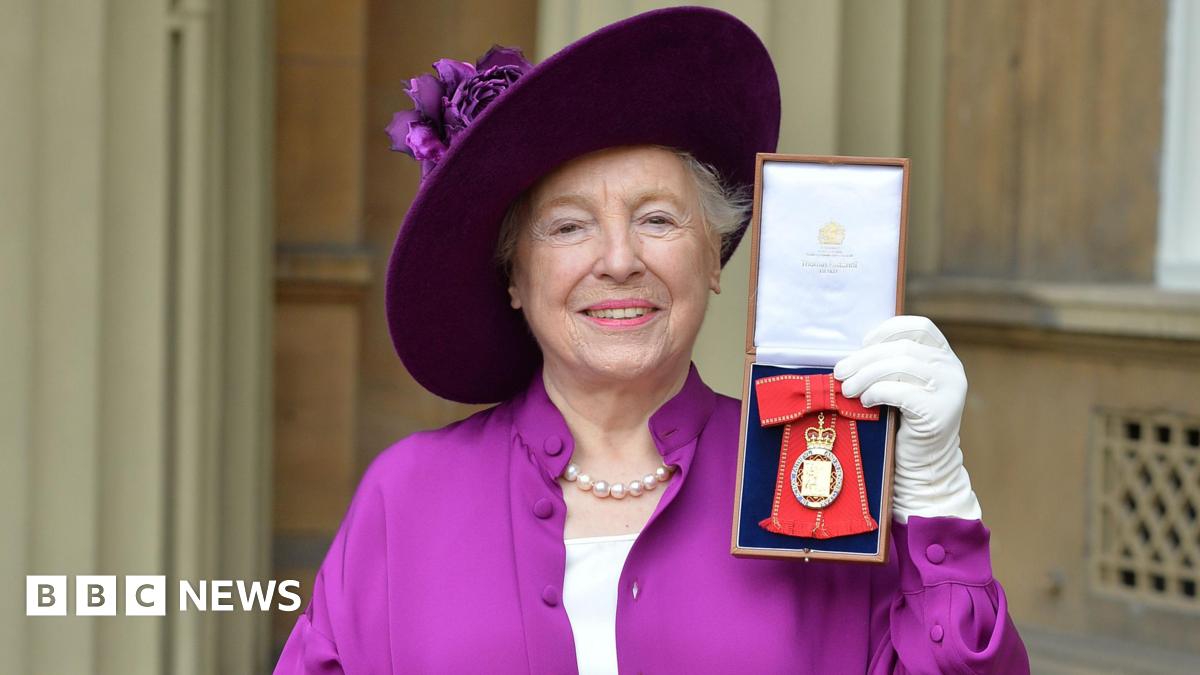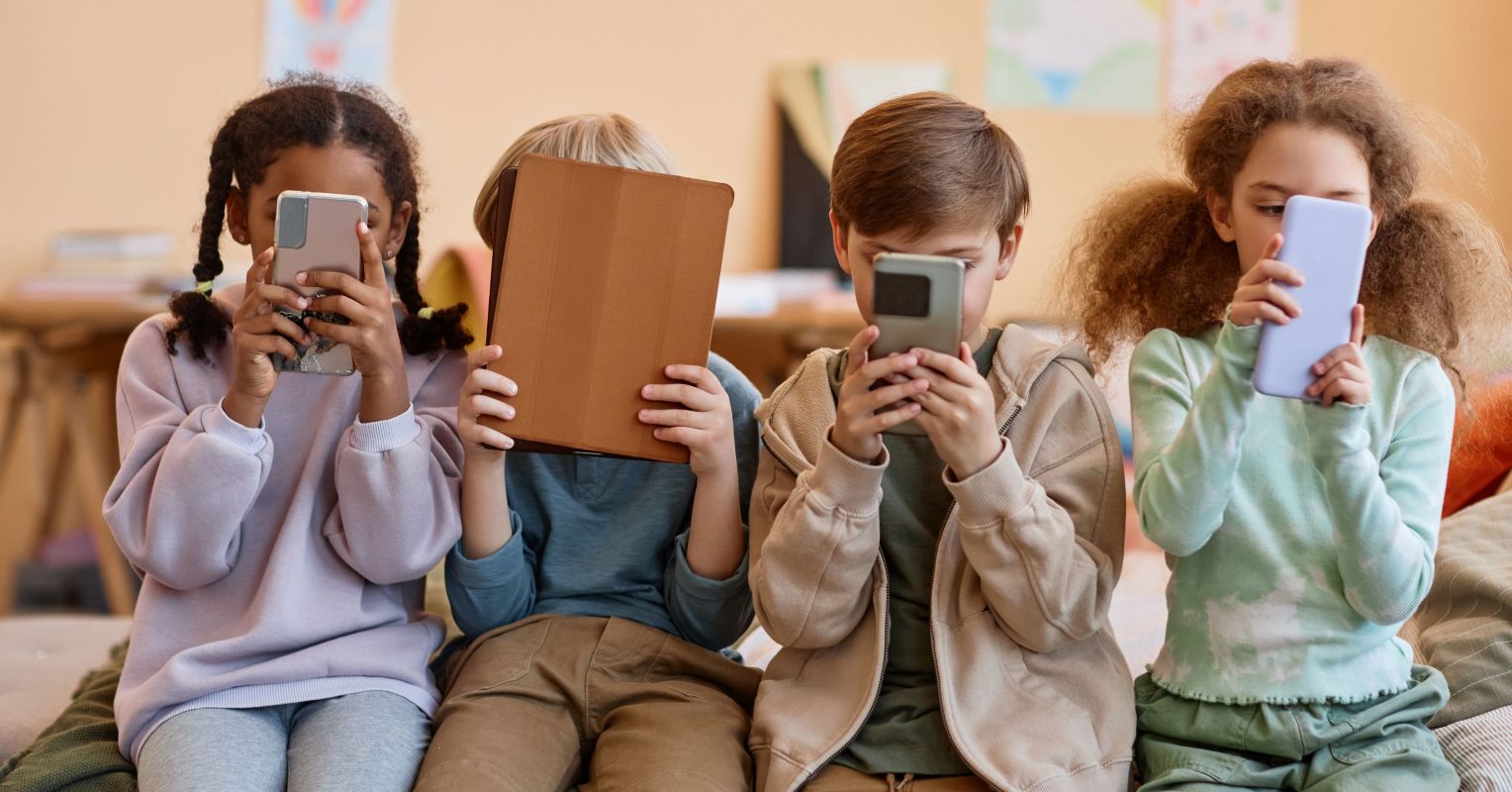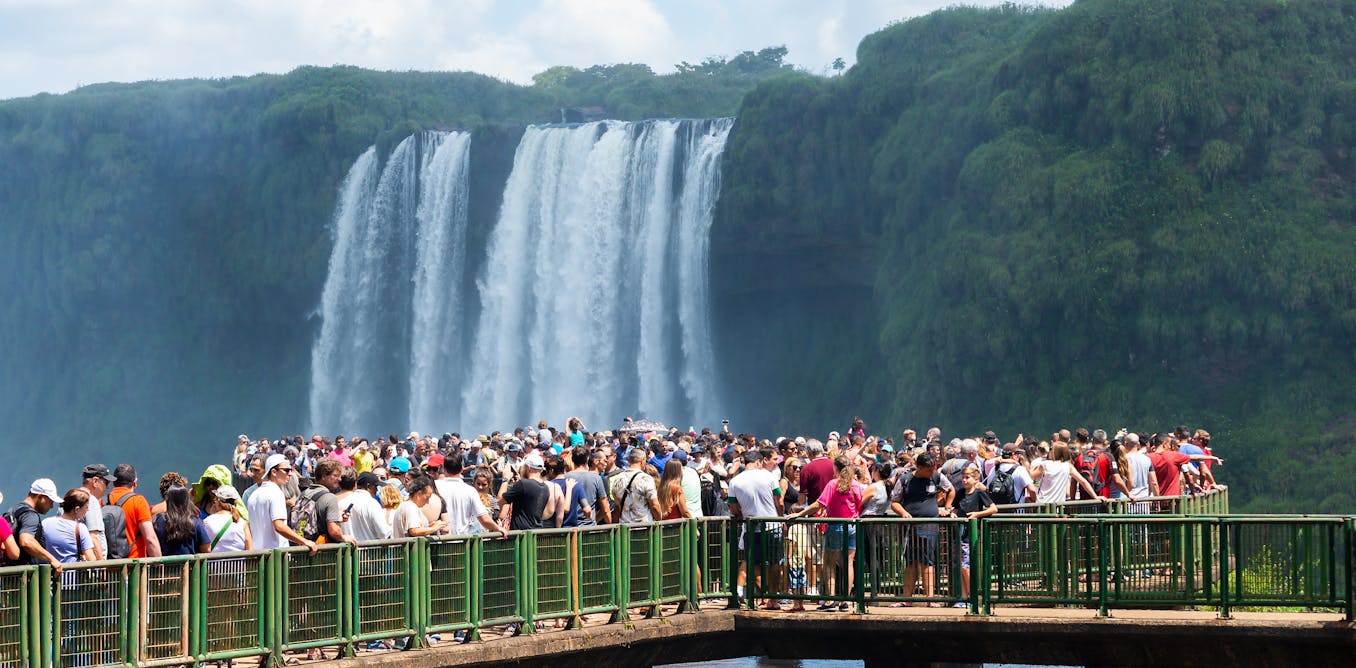Is AI Stifling Creativity? How to Reclaim Our Imagination in the Age of Automation

Artificial intelligence is rapidly transforming our world, offering incredible advancements in various fields. However, a growing concern is emerging: is AI inadvertently fueling a 'poverty of imagination'? Are we becoming overly reliant on algorithms and pre-programmed solutions, leading to a decline in our ability to think critically, innovate, and envision new possibilities?
This article explores this crucial question, drawing insights from a recent episode of 'The Opinions.' We examine how the convenience and efficiency of AI tools, while undeniably beneficial, can also subtly discourage independent thought and creative exploration. We’ll delve into the potential consequences of this shift and, most importantly, discuss practical strategies to reclaim and cultivate our imagination in this increasingly automated age.
The Rise of Algorithmic Thinking
AI algorithms are designed to provide optimal solutions based on existing data. This inherent focus on efficiency can lead to a tendency to accept AI-generated outputs without questioning or critically evaluating them. Instead of brainstorming, experimenting, and pushing boundaries, we might find ourselves passively accepting the 'best' answer provided by a machine. This, in turn, can stifle our ability to generate novel ideas and approach problems from unique perspectives.
Consider the impact on creative fields like writing, art, and music. While AI tools can assist with tasks like generating drafts or suggesting melodies, relying solely on these tools risks homogenizing creative output and diminishing the role of human ingenuity. The spark of originality, often born from unexpected connections and unconventional thinking, can be lost in the pursuit of algorithmic perfection.
Beyond Efficiency: The Value of Struggle
The process of creative problem-solving often involves grappling with ambiguity, overcoming obstacles, and persevering through moments of frustration. This 'struggle' is not merely a byproduct of creativity; it's an integral part of it. It’s through these challenges that we learn, adapt, and ultimately develop our imaginative capabilities.
When AI seamlessly provides solutions, we bypass this crucial learning process. We become less adept at navigating uncertainty and more dependent on external validation. The discomfort of failure, which is a powerful motivator for innovation, is minimized, potentially hindering our growth as creative thinkers.
Reclaiming Our Imagination: Practical Strategies
So, how can we harness the power of AI without sacrificing our imaginative abilities? Here are a few key strategies:
- Embrace Curiosity: Actively seek out new experiences, explore unfamiliar topics, and challenge your assumptions.
- Cultivate Divergent Thinking: Practice brainstorming techniques that encourage a wide range of ideas, even those that seem unconventional or impractical.
- Limit AI Dependence: Consciously limit your reliance on AI tools for tasks that require creative problem-solving. Instead, prioritize independent thought and experimentation.
- Value the Process, Not Just the Outcome: Focus on the journey of creative exploration, rather than solely on achieving a perfect result. Embrace mistakes and learn from failures.
- Engage in Analog Activities: Disconnect from digital devices and engage in activities that stimulate your imagination, such as reading, drawing, playing music, or spending time in nature.
The Future of Creativity
AI is not inherently a threat to creativity. It's a tool, and like any tool, its impact depends on how we choose to use it. By recognizing the potential pitfalls of over-reliance and actively cultivating our imaginative capabilities, we can ensure that AI serves as a catalyst for innovation, rather than a constraint on our creative potential. The key is to strike a balance – leveraging the efficiency of AI while preserving the unique spark of human imagination.





